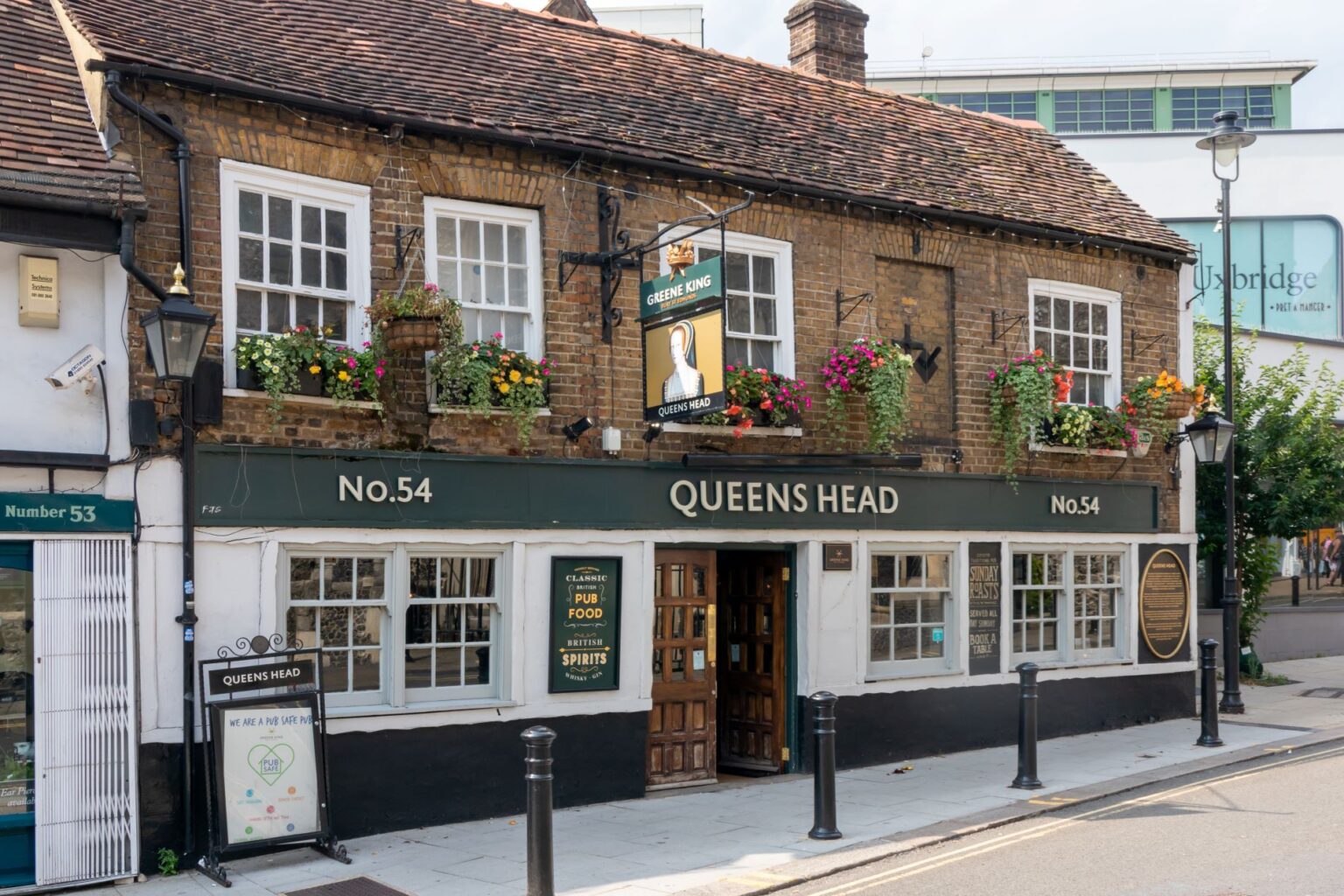The boss of leading pub chain, Greene King, has called for urgent reform to business rates, criticising the current “unfair” system.
Nick Mackenzie, Greene King’s chief executive, said that business rates tax should be charged on profits, rather than on property, to help relieve financial pressure on the struggling pub industry.
Coming from a leader of one of the country’s most prominent chains, Mackenzie’s comments are a major statement on behalf of the wider industry.
Business rate reform was a key government pledge during last year’s general election, but to the dismay of pub landlords, little has changed so far.
What has Greene King said about business rates?
“Pubs are going to be around for the long term, but we need to address the unfairness in the system to allow them to flourish,” says Mackenzie, as reported by The Guardian.
“It isn’t fair that the sector has 0.4% of the rateable property but pays 2.1% of the bills. The sector is a massive employer and incredibly important for local communities, so we just feel it is important to underline how beneficial it is to tax pubs fairly.”
Business rates are a tax charged to businesses occupying non-domestic or commercial properties, including hospitality venues. The amount of tax each business is charged is based on the property’s “rateable value”, which is an estimate of its annual rental value.
Mackenzie rightly points out that the current system has a disproportionate impact on large brick-and-mortar businesses, which includes pubs. He proposes that a fairer system would be to tax businesses based on their profits, rather than the rateable value of property.
With more than 2,600 pubs, hotels, and restaurants across the country, Greene King is firmly positioned as a market leader. However, last year it reported a loss of £147m before tax, citing unavoidable costs that were making it more difficult for the sector to survive.
If a major player like Greene King is struggling to stay afloat, it’s a worrying indication of the reality facing smaller, independent pubs trying to survive under the same pressure.
Why are business rates a major issue for hospitality?
Since all pubs operate in physical spaces, the payment of business rates is an unavoidable expense. In addition to hiked energy costs, pubs had to reckon with the blow of higher business rates and National Insurance Contributions (NICs) back in April.
Along with other hospitality firms, pubs were given 75% relief from business rates during the pandemic. But Chancellor Rachel Reeves slashed the relief to 40% in the Autumn budget.
In response, the industry has suffered a huge blow. The British Beer and Pub Association (BBPA) estimated that 378 pubs were set to close their doors this year; more than a per day.
In light of these struggles, The Campaign for Real Ale or CAMRA Chairman, Ash Corbett-Collins, appealed for customer empathy, saying: “it’s important to remember that price hikes at the bar are the fault of the Government, not hard-working publicans.”
Before the general election, Labour promised to reform business rates, but progress stalled after part of its plans were blocked by the House of Lords.
Last year, Whitehall announced planned relief for smaller businesses, with lower tax rates for Retail, Hospitality and Leisure properties valued under £500,000. But these changes won’t take effect until April 2026. In the meantime, pubs are suffering today.
What could business rate reform mean for hospitality?
In the years following the pandemic, the industry has struggled to maintain optimism. On top of hiked costs, pubs have had to contend with staff shortages and evolving consumer trends.
It’s no surprise that industry leaders are calling out for reform, both to give small businesses necessary breathing room and to inject life into the dwindling British high street.
Greene King has been vocal in highlighting the unfair burden placed on pubs and continues to play a leading role in pushing for a more sustainable system.
As one of the country’s largest players, its stance gives weight to the broader industry movement to modernise how hospitality is taxed and to create a thriving future for UK pubs.
